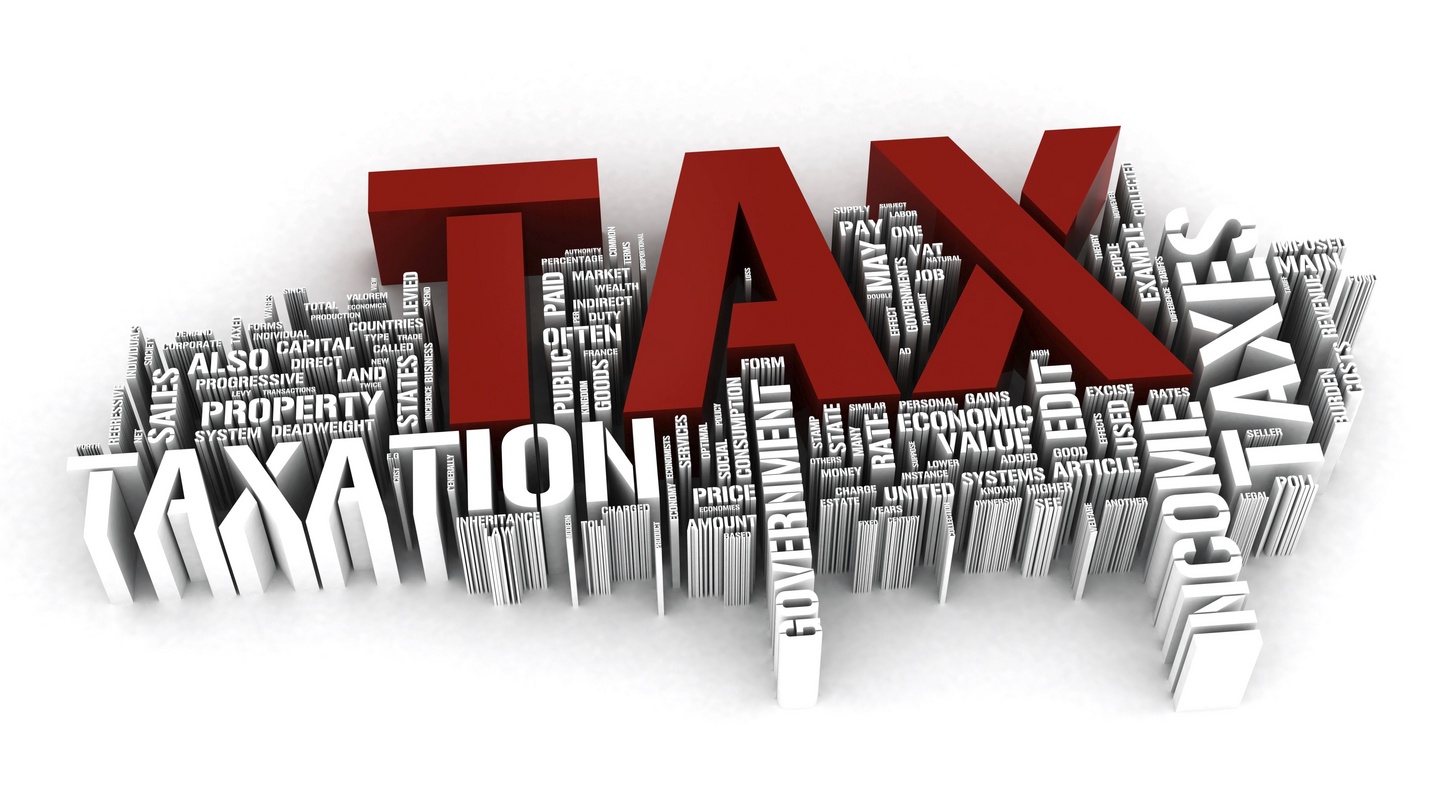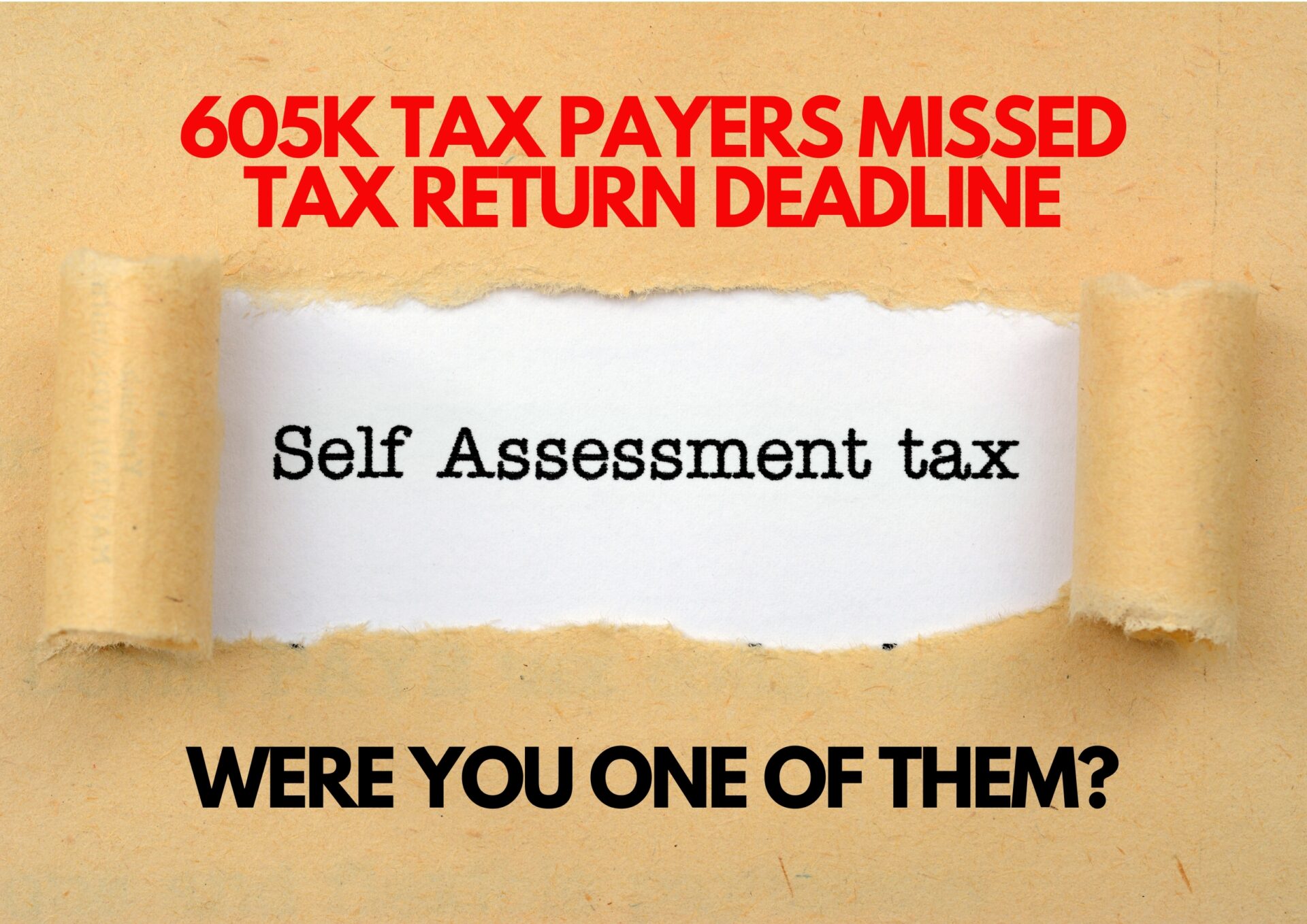On the 20th July 2021 the Government published draft legislation which will see the BIGGEST tax change affecting the self-employed since the introduction of self-assessment!
Until now, the self-employed, which includes partnerships, can elect when they wish to prepare their accounts up to. These annual accounts are then taxed depending on the tax year the ‘made up to date’ falls into. Those in the know will understand the basis period adjustment required for year-ends that do not coincide with the tax year.
The Government’s proposal is to change the 12 month period end date businesses use to report their profits. This will change the way trading income is allocated to a tax year. Thereby reforming the basis periods function for income tax for the self employed entirely.
This method of reporting is called The Tax Year Basis. It will be fully implemented in the 2023-2024 tax year when all businesses will have transitioned. Read on to find the answers to many questions raised by business owners up and down the country:
- Who is likely to be affected?
- When will the changes be brought in?
- Year of transition
- What are the benefits?
- What are the negatives?
- Why is the Government and HMRC doing this?
- Do I need to change my accounting year end date?
- The reality
- The winners and the losers
- Will the tax payment and filing deadline dates change?
- How Onyx Accountants can help you
Who is likely to be affected?
The types of business and individuals affected by these changes are:
- Self-employed traders
- Individuals with a profession or vocation
- Partners in trading partnerships
- Unincorporated entities with trading income
If your year end is not 31st March or 5th April then you will be affected by these changes. They will also impact on businesses in the early years of trade.
It is estimated that some 300,000 sole traders will be affected. Will you be one of them?
When will the changes be brought in?
The proposed changes will be effective from the 2023-2024 tax year. This will be the first year where the new ‘Tax Year Basis’ will be fully implemented.
This means that a business’s reported profit or loss will be on an actual basis. Meaning it will cover the same 12 month period as the tax year, regardless of the accounting year end date.
Year of Transition
As with the introduction of self-assessment, there will be a transitional year. This will be during the 2022-2023 tax year.
What are the benefits?
The big benefit is with overlap profit brought forward. The transitional year will enable business with overlap profit brought forward to use it in full. No need for those awkward calculations in determining what to carry forward.
Overlap relief will be a thing of the past! Businesses will no longer need to wait until it’s cessation before using them.
Accountants will no longer need to consider adjustments for early years, final years, or change of accounting period end dates. No more time consuming and complicated calculations.
HMRC are also hoping that the tax debt write off will be reduced too.
What are the negatives?
Depending on your accounting year end, you will end up having to pay tax that has to be calculated on on a longer period of trade. In some cases it could be up to 23 months. This will only be for the first year though.
For example: if you were one of those businesses with a 30th April year end, then you will likely have to report the trading results effective from 1st May 2021 through to 5th April 2023 (or 31st March 2023). You should have some overlap relief brought forward to offset against this. However, it may not be very much particularly if your business took a few years to get off the ground. Again, this will only apply for the 2022-2023 tax year.
Therefore, anyone who had put some funds away for a rainy day thinking they would not need to pay tax on last years profits for a while – well think again!
Why is the Government and HMRC Doing This?
The great mastermind question! They hope these new measures will simplify income tax for the self-employed. It will also bring the self-employed inline with the employed in calculating how they are taxed.
The rules behind income tax for the self-employed are fairly complex as they consider varying eventualities. This changes takes the majority of that away.
Digital reporting for the smaller business can be introduced, enabling them to report their business transactions just like larger businesses do.
It also brings it inline with other forms of income which are reported on a tax year basis e.g property income, interest and dividends.
Paying the end of year tax liability should help tax payers too. As the tax liability will be based on recent trading activity. and not events that happened well over 12 months ago.
Do I need to Change my Accounting Year End?
No! Not unless you want to. Thousands of accountants will not be very happy if they found out every single client was about to have a 31st March year end.
Your accounting year end can stay the same. The profits or losses are apportioned so that the right share is allocated in the correct tax year.
For example, let’s consider a 31st December year end. For the 2023-2024 tax year your accountant will need to report the following:
- 9/12 months worth of profits/losses from the year ended 31st December 2023; and
- 3/12 months worth of profits/losses from the year ended 31st December 2024.
If the next year of accounts have not been completed then a provisional figure can be used instead. However actual figures will need to be reported once the next year of accounts have been finalised.
The Reality
No one likes change. Least of all the business who has just seen profits soar. The major impact of this is that like for like businesses will be taxed more equally. And those profits will be taxed at the same rates and not straddled due to a year end falling in a different tax year.
The data analysts out there will be able to make fairer comparisons, which in the long run could impact on other business aspects. Such as insurance, grants and investment opportunities.
The Winners and the Losers
What if your business has really boomed and you now realise the impact it will have on your tax bill. HMRC have thought about this and are considering to introduce a helping hand by way of an election. Individuals will be able to spread their profit share across a maximum of 5 tax years. This hasn’t been finalised yet. More details will be released in due course.
Farming businesses, seasonal businesses and larger partnerships have already been flagged as those mostly affected by this. Will there be a reform to averaging calculations? At the moment we do not know. Once HMRC have concluded their consultation period, all will be revealed.
The biggest winner will be the completion of self-assessment tax returns. No need to inform HMRC of any date changes, basis changes, back claims for unused overlap relief etc – it all becomes much more simpler.
Will the Tax Payment and Filing Deadline Dates Change?
Not likely! However there have some whispers that the filing deadline could move to the end of December! Let’s hope they remain as whispers. No-one wants to file their tax return after eating a hearty Christmas lunch!
At present there is no intention to change the payment deadline nor the method of calculating payments on account. This all remains as it is. No doubt things may change once the this new tax reform has been up and running for a few years. With the ultimate drive to ensure we all implement digital reporting – swifter payments of tax due is bound to follow.
How Onyx Accountants Can Help You
Understanding tax years, accounting years and what needs reporting when is what we do best.
At Onyx Accountants and Business Advisors, we have a dedicated team of Tax Specialists and Advisors who are ready to take on the biggest tax change affecting the self-employed. We are experts in accounts preparation and understanding HMRC’s tax rules! So let us do all the hard work leaving you to run your business.
GET IN TOUCH WITH ONYX
If you have any queries, or want to discuss further, please give us a call or e-mail us at enquiries@onyx.accountants for a FREE no obligation consultation.
Got any questions or queries? If you have then our friendly team of tax specialists are happy to help. Just drop us a line! Call us on 0121 753 5522 or 01902 759 800.





